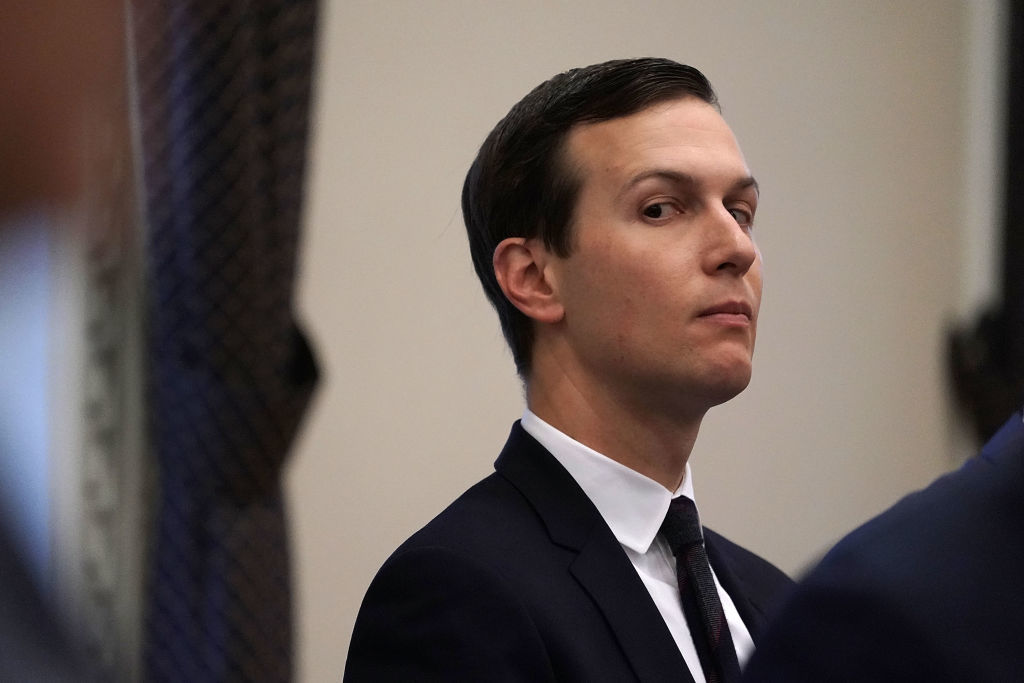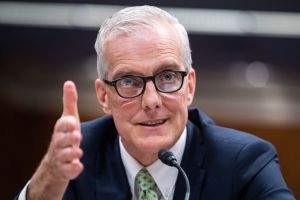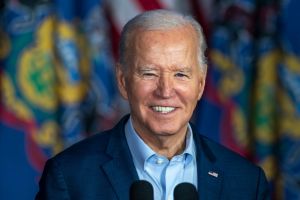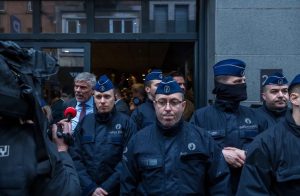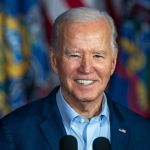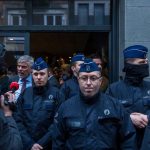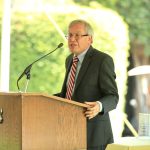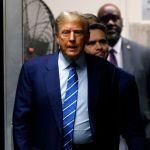Jared Kushner had his security clearance restored last month. He can, once again, read classified documents, such as the President’s Daily Brief, or PDB, which contains some of the nation’s most sensitive secrets. Many American commentators said this must mean Kushner is out of danger with the special counsel’s inquiry into the Trump campaign and Russia. If the special counsel, Robert Mueller, had turned up anything really bad, they argue, he would have told the FBI agents doing Kushner’s background check. One legal expert told the New York Times that Kushner could breath a sigh of relief. Perhaps. Perhaps not.
Kusher, Trump’s son in law, had been working in the White House for a year under a temporary top secret clearance. This was pulled by the chief of staff, John Kelly in February in what a memo leaked to the Washington Post portrayed as a general tightening of procedures. Kelly acted after the White House staff secretary, Rob Porter, was fired for failing to mention that two ex-wives had accused him of beating them. The US media reported that Kushner’s temporary clearance was revoked, and the full clearance was taking so long, because he’d failed to mention meetings with the Russian ambassador and with the head of Russia’s state investment bank during the transition. To some of Trump’s enemies, those meetings were evidence that the conspiracy with Russia was real. Others have asked if Kushner was trying to get the Russian bank to take some of the debt on his family’s disastrous real estate investment, 666 Fifth Avenue in New York.
A retired member of a US intelligence agency tells Cockburn there was another reason for revoking the temporary clearance. This source, having spoken to former colleagues still serving, says Kushner would habitually put in a stream of RFIs – Requests For Information – after he had seen the PDB or other briefings. These RFIs often related to places where his family or the Trump Organisation had business interests, or wanted to have them. There were instances, our source says, when this sensitive information was echoed back in US monitoring of calls between senior figures in the Middle East. One prince would be telling another prince secrets that the US intelligence agencies had only just gathered and passed to the White House. This was felt to be evidence that Kushner was carelessly leaking. If so, was this simple inexperience, an effort to bolster relationships that might help his family business, or – the most innocent explanation – to do with his role as Middle East envoy? Regardless: ‘It was driving the intelligence community crazy.’
It could be that – in the matter of the security clearance, and much else – Kushner is labouring under the curse of 666 Fifth Avenue, or 660 as the family have, rather desperately, renamed it. This was possibly the worst commercial real estate purchase in history, at the time certainly the most expensive, bought at the top of the market and now half empty, compounding debt in a way that threatens to wipe out the Kushner family finances. Shortly after President Trump’s election victory, Kushner met Wu Xiaohui, chairman of a vastly wealthy Chinese conglomerate, Anbang, to discuss a $4bn bail out. That deal fell through and then, last month, Wu was convicted of corruption by a Chinese court, receiving an 18-year sentence. This was not a coincidence, according to one senior former White House official. Wu is Communist nobility, married to a granddaughter of Deng Xiaoping, the kind of personage that China’s anti-corruption drive would not normally touch. ‘No one is connecting the dots,’ said the former official: ‘Wu was put on trial for failing to succeed in mounting a Chinese influence operation [against Kushner].’
Manoeuvring to get out from under the crushing debt on 666, various Kushners have also met with various Qataris to secure finance. Before the election, Jared met several times with Sheikh Hamad bin Jassim al-Thani, one of the country’s richest men. After the election, his father, Charlie, had talks with Qatar’s minister of finance. ‘None of us knew the rules of government or what we should do,’ Charlie explained. ‘But we realized after that meeting, that it was a wrong thing to do.’ Coincidentally, this realisation came after the talks failed to secure the hoped for Qatari bounty.
The deadly, but unproven allegation against Jared is that he used his government position as Middle East envoy to advance his family’s private interests. One participant in West Wing meetings tells Cockburn that while the 666 negotiations were going on, Kushner argued vehemently against supporting the current blockade of Qatar by its neighbours. This was something our informant interpreted as motivated by the family’s need for Qatari money. Coincidentally, the blockade was imposed – with American support – shortly after the Kushner family’s negotiations with the Qataris on 666 fell through. The Qataris believed they were being extorted, according to sources close to the royal family.
This story may, however, have a happy ending. Last month, an investment fund part owned by Qatar was in negotiations to take on some of the 666 debt. Coincidentally, an official in one of the Gulf countries enforcing the blockade tells Cockburn that the ruler there has just received a ‘very rude’ letter from President Trump saying it’s time to make friends with Qatar.
Allegations about wrongdoing by Kushner remain just that. At the very least, though, the tangled history of 666 shows how complicated his background check would be. The many meetings with foreign companies and banks – often with state links – would have to be exhaustively checked by the FBI. This would take time. Presumably then, all the checks turned up nothing, now that Kushner has his permanent clearance? That may be the case but even here the truth is hard to make out. Former officials who dealt with these issues in government say that a president can insist, over the heads of the intelligence community, that an aide is granted so called TS/SCI clearance, standing for Top Secret/Sensitive Compartmented Information.
This is a logical extension of the view that a president can classify or declassify intelligence at will, one instance where Nixon’s statement that “If a president does it, it’s not illegal” really is true. Sadly for Kushner, and for President Trump – both under scrutiny by the special counsel – this principle may not apply more widely.
Funnily enough, Jared Kushner’s office did not reply to Cockburn’s Request For Information or any of the allegations contained within this article.
